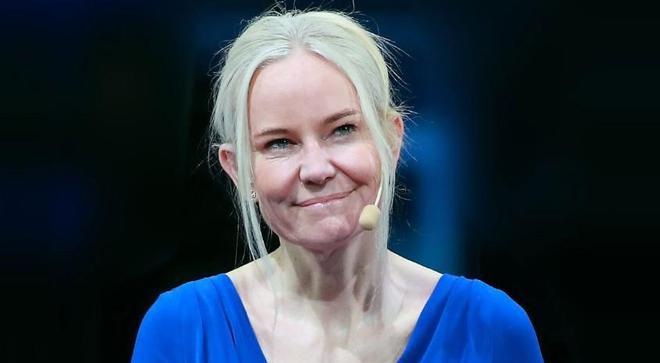Global Table Tennis Politics: ITTF President's Response Creates New Tensions
ITTF President Sorling’s statement claiming no knowledge of Chinese Olympic champions Fan Zhendong and Chen Meng’s withdrawal sparks controversy, revealing complex dynamics between ITTF, WTT, and Chinese Table Tennis Association.

The recent statement by International Table Tennis Federation (ITTF) President Petra Sorling regarding the withdrawal of Chinese Olympic champions Fan Zhendong and Chen Meng from world rankings has unveiled a complex web of sports politics and organizational conflicts.
The situation began when Fan Zhendong, China’s Olympic gold medalist, announced his submission of withdrawal documents reportedly requested by both ITTF and the Chinese Table Tennis Association (CTTA). However, in a surprising turn of events, President Sorling told Swedish television that ITTF had received no official response from CTTA regarding this matter.
This development has exposed several critical issues in international table tennis governance. At the core lies the relationship between three major organizations: ITTF, World Table Tennis (WTT), and CTTA. WTT, established in 2019 as ITTF’s commercial arm, had previously acknowledged awareness of the withdrawals, creating an apparent contradiction with Sorling’s statement.
The situation is particularly significant given Fan Zhendong’s status as the men’s singles gold medalist at the Paris Olympics, where he demonstrated unprecedented dominance by securing victories in both individual and team events. His success had made him a valuable asset for international table tennis, especially for WTT’s commercial interests.
Financial implications appear to be a crucial factor in this controversy. WTT’s commercial model, which emphasizes high participation requirements and relatively low prize money, has faced criticism from players. Fan’s earlier complaints about WTT’s financial penalties and tournament structure suggest deeper systemic issues within professional table tennis management.
The political dynamics between ITTF’s leadership and Chinese table tennis authorities add another layer of complexity. This incident has effectively created a situation where different administrative bodies appear to be working at cross-purposes, potentially affecting the sport’s global governance structure.
The aftermath has sparked intense debate within the table tennis community, with many questioning the transparency of decision-making processes in international table tennis. The situation has evolved from what initially appeared to be a straightforward withdrawal into a significant challenge to the sport’s administrative structure.
This development marks a crucial moment in international table tennis, potentially leading to broader discussions about player rights, organizational transparency, and the balance between commercial interests and athletic development in professional sports.
The controversy continues to unfold, with many awaiting CTTA’s official response to ITTF’s statement. The resolution of this situation could have lasting implications for the future governance of international table tennis and the relationship between its major institutional stakeholders.